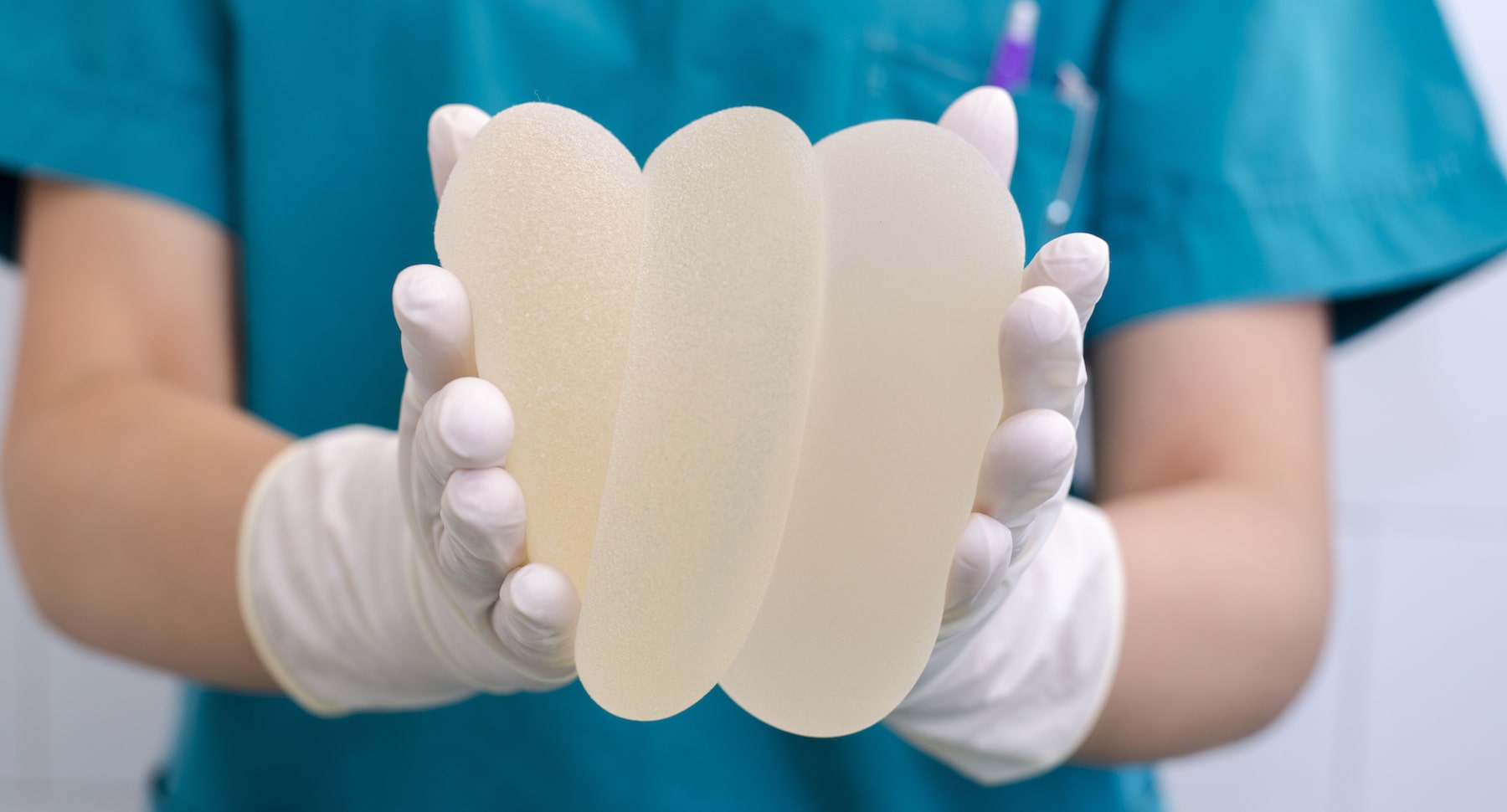
Jamee Cook is a wife and mother from Texas that is speaking out about the dangers of having breast implants placed in the body. Cook was just 23 years of age when she first started to notice health issues with her body. Cook started to feel extreme fatigue which led to a number of health problems including chronic migraines, constant fever, autoimmune disorders and numbness in her arms and hands. These issues caused her to lose her job as well as experience a strain on her family life. While she wasn’t aware of the cause of her problems at the time, Cook’s health problems were later identified as being caused by her breast implants.
In an interview with the website, Drugwatch, Cook said “I was a very active mother, and the sickness I felt from the implants made it difficult to care for my children. When you get to that point of helplessness and you are sick all the time and people don’t understand – I can see why the incidents of suicide ideation in [breast implant sufferers] are high. I can understand it.”
As a result of her experiences with her breast implants, Cook became the co-founder of the Breast Implant Victim Advocacy Group.
Cook, along with other breast implant illness survivors, are working to educate the public about possible breast implant risks as well as lead the fight for safer medical devices. Thanks to their efforts, the FDA has submitted inquiries about breast implant dangers as well as warnings regarding a rare cancer known as breast implant-associated anaplastic large cell lymphoma (BIA-ALCL).
In response to a petition from the group, the FDA held a two-day meeting in March of the General and Plastic Surgery Devices Panel of the Medical Devices Advisory Committee. The purpose of the meeting was to discuss issues related to breast implants and make recommendations about the risks and benefits of having breast implants placed in the body.
Jamee Cook received her breast implants in 1998. Her health problems followed two years later but she first thought the issues were a side effect of her job. She worked in an emergency room as well as an ICU unit so she thought her fever and swollen lymph nodes were caused by her long work schedule.
Her health got worse and she visited a series of doctors who gave her a number of different explanations for her illnesses. She was diagnosed with attention deficit disorder, chronic Epstein-Barr, depression, Cytomegalovirus, chronic fatigue syndrome and Hashimoto’s thyroiditis. Although she was treated for multiple medical conditions, her body was never able to recover from the various illnesses impacting her health.
Tired of being sick all the time, Cook began to research medical journals and scientific publications. She began to find evidence that pointed to the breast implants in her body and she finally had them removed in 2015.
When discussing her breast implants, Cook said “I seriously thought these implants were killing me. I was very, very sick. And as soon as they were out, the majority of my symptoms disappeared.”
Cook discovered that Poly Implant Prothese (PIP), the company that made her implants, had been selling them since 1996 without providing any proof of their safety. Plus, the breast implants from the company had been rejected in 2000 by the FDA.
When describing her decision to get breast implants, Cook feels the decision “was a bad mistake on my part, but I didn’t have any idea that these were potential risks.” She also pointed to the fact that many of the women impacted by illnesses related to breast implants had the implants placed during reconstructive surgery after having a mastectomy.
Cook is calling for proper informed consent which means both doctors and breast implant manufacturers should have to take steps to properly inform females of the risks they face if they get breast implants and this includes the risk of lymphoma.
Thanks to the FDA classifying breast implants as Class III, high-risk devices, they have to go through a premarket approval process. This also means Class III devices have preemptions that protect their manufacturers from litigation. In other words, injured women are not able to sue the manufacturers.
Cook’s advocacy group is working with other support groups to try and change preemption laws on 157 devices. Cook knows that “I may never win my case, but I should have that right to have my day in court and to go before a jury of my peers and let them make that decision. Right now, we can’t do that.”
She is grateful for the FDA for working with her group. Her advocacy group is hoping for improved informed consent and for the FDA to pull textured implants that are linked to a risk of cancer off the market.
MA